Idealism is the despot of thought, just as politics is the despot of will
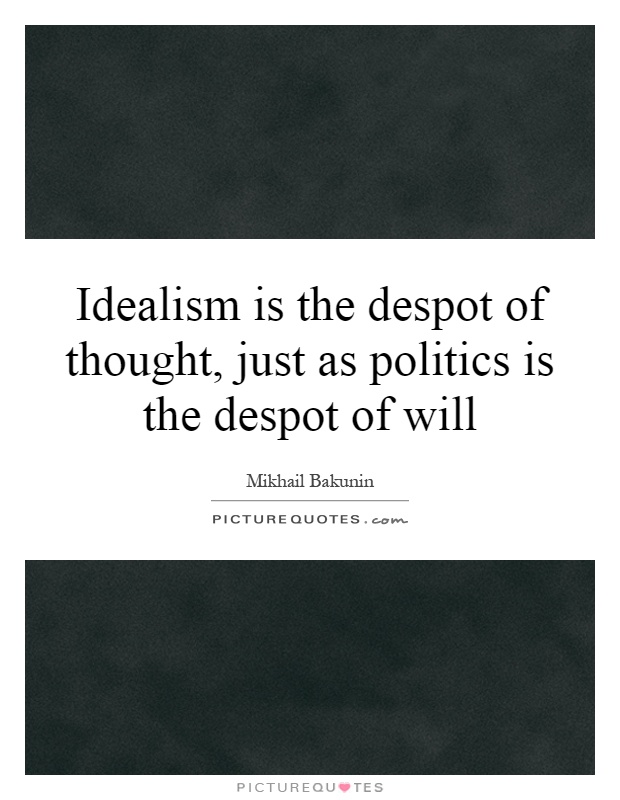
Idealism is the despot of thought, just as politics is the despot of will
Mikhail Bakunin, a Russian revolutionary and anarchist thinker, was a staunch critic of both idealism and politics. He believed that both ideologies were oppressive forces that stifled individual freedom and autonomy. Bakunin famously stated that "Idealism is the despot of thought, just as politics is the despot of will," encapsulating his disdain for both philosophical and political systems that sought to control and manipulate individuals.For Bakunin, idealism represented a dangerous form of intellectual tyranny that sought to impose a rigid set of beliefs and values on society. Idealism, in his view, was a tool used by the ruling class to maintain their power and privilege by convincing the masses that their oppression was justified and necessary. Bakunin believed that idealism stifled critical thinking and creativity, leading individuals to passively accept the status quo rather than question and challenge the existing power structures.
Similarly, Bakunin saw politics as a form of coercive control that sought to subjugate the will of the people to the interests of the ruling elite. Politics, in his view, was a corrupt and oppressive system that served to perpetuate inequality and exploitation. Bakunin believed that political institutions, such as the state and government, were inherently authoritarian and repressive, and that true freedom could only be achieved through the abolition of these institutions.
Bakunin's critique of idealism and politics was rooted in his belief in the inherent goodness and potential of individuals. He believed that human beings were capable of self-governance and cooperation without the need for external authorities or systems of control. Bakunin advocated for a decentralized, non-hierarchical society based on voluntary cooperation and mutual aid, where individuals were free to pursue their own interests and passions without interference from oppressive forces.

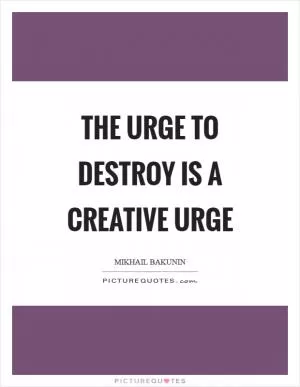
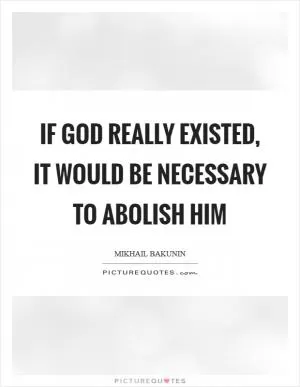

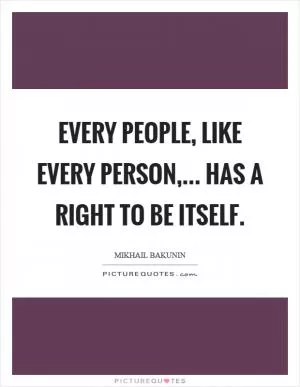

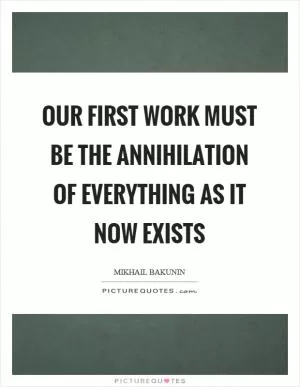

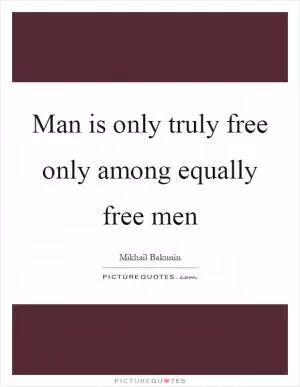

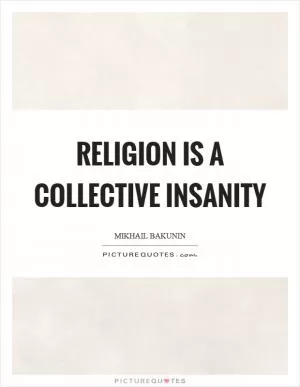

 Friendship Quotes
Friendship Quotes Love Quotes
Love Quotes Life Quotes
Life Quotes Funny Quotes
Funny Quotes Motivational Quotes
Motivational Quotes Inspirational Quotes
Inspirational Quotes